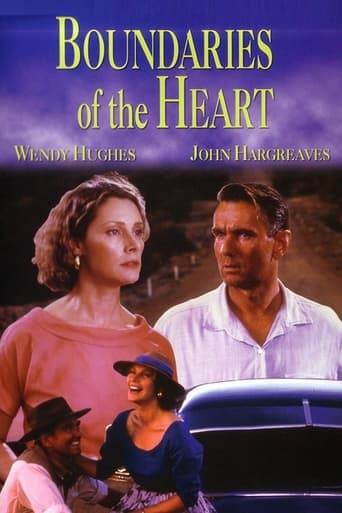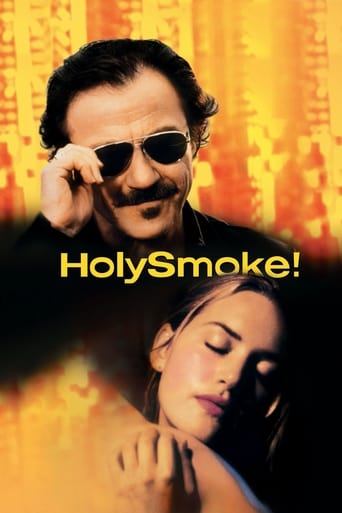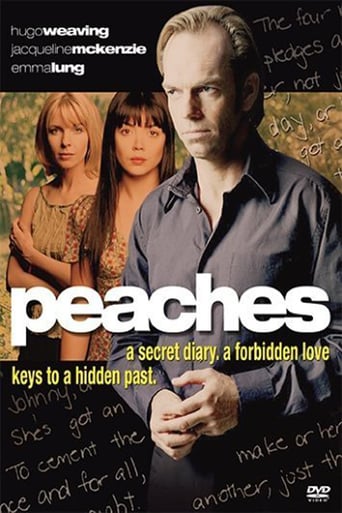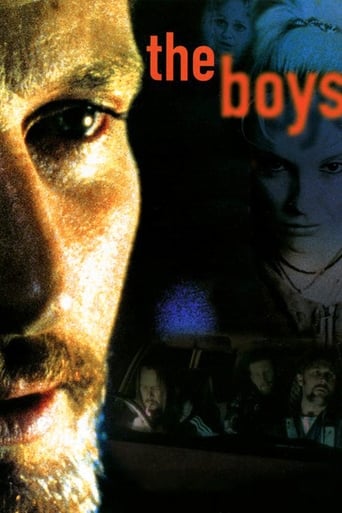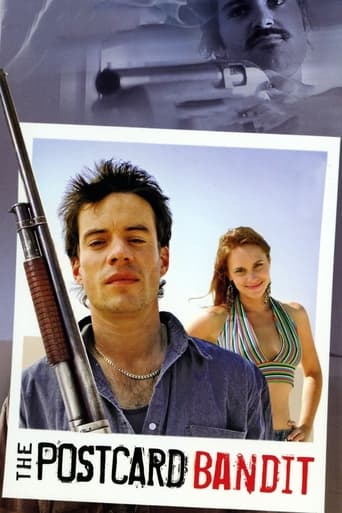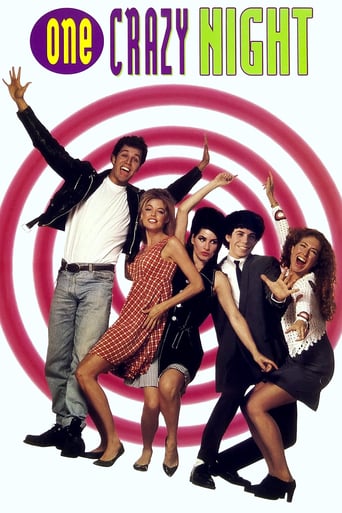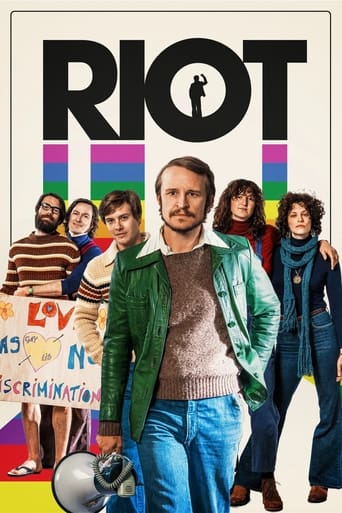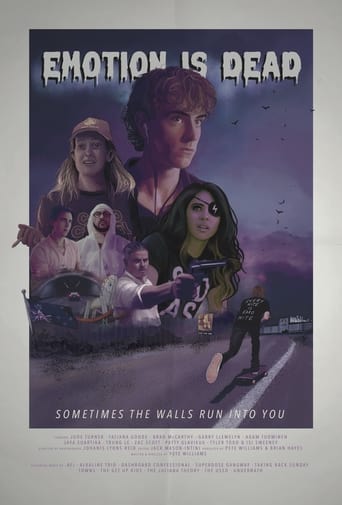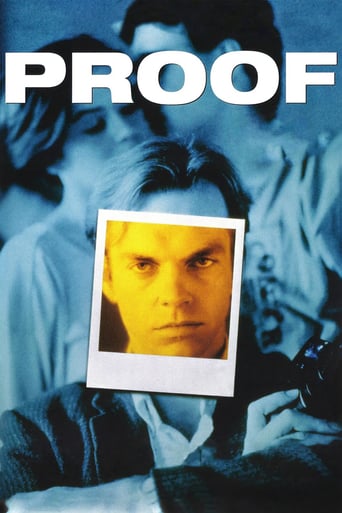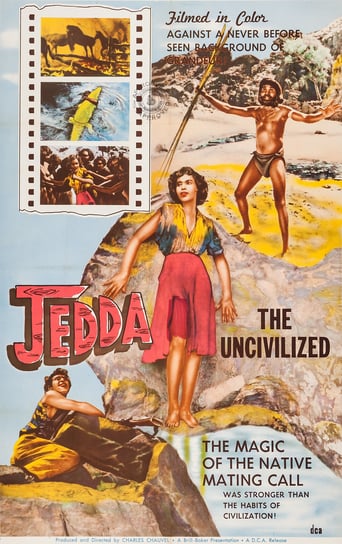
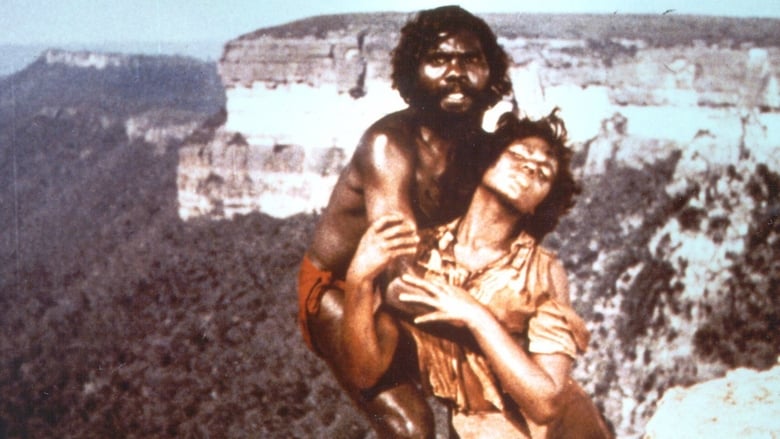
Jedda (1955)
An aboriginal girl is brought up by a white family that adopts her. As a young woman, she is mysteriously drawn to go "Walkabout" as people of her tribe have for hundreds of years.
Watch Trailer
Cast


Similar titles
Reviews
There are things in this old movie to give one pause, especially Aussies.On one hand we have a historically significant film that despite flaws is compelling enough in its own way, while on the other the situation that has bedevilled relations between indigenous and white Australians for the last 230 years is displayed without a hint of embarrassment.Filmmakers Charles and Elsa Chauvel put forward two opposing points of view in "Jedda": one suggesting that indigenous Australians should be assimilated into the wider white society and the other claiming instincts instilled in a people during 50,000 years of isolation could not be suppressed in a few generations. However what really hits you in "Jedda" is the patronising and condescending way the whites treat the blacks - forget about equal pay and land rights.When an Aboriginal mother dies, her baby is taken in by Sarah McCann, the white wife of a cattle station owner. She had just lost her own baby, and although it's not a classic example of 'The Stolen Generation', it's not far off. She calls the little girl "Jedda" and raises her as her own.But as "Jedda" grows she is drawn spiritually to her own people despite a relationship with Joe, a half Aboriginal, half Afghan stockman. Casting Joe as a white man or half white may not have travelled well back in '55; apartheid didn't officially exist in Australia, but boundaries were easy to find. Paul Reynall, a white actor in blackface, played Joe.A renegade Aboriginal, Marbuck (Robert Tudawali), enters the scene and sensing Jedda's conflict, takes her forcibly on a journey through dangerous country. He is pursued by Joe, but when he is rejected by his own tribe, tragedy ensues.The film seems rough around the edges compared with films from Hollywood and Britain at the time. The most fascinating aspect is the two unknown Aboriginal actors from remote areas who were virtually thrust in front of the camera - Rosalie Kunoth Monks as Jedda and Robert Tudawali as Marbuck. Rosalie Kunoth Monks who was aged about 15 didn't really know what was happening. Although the Chauvels were decent people who treated her well, years later when asked if she was tempted to go on with an acting career, she replied, "No siree!" She became a nun and then a high-profile spokesperson for her people.Tudawali on the other hand caught the acting bug, but his life ran off the rails. In 1988, his story was depicted in an uncompromising film, "Tudawali" starring Ernie Dingo. It highlighted problems the Chauvels didn't.Black and white relations in Oz have had a considerable airing in films since "Jedda", including films made by indigenous Australians, but the whole thing is definitely still a work in progress.
Found this cinematic delight hard to watch for long because i felt the couples relationships too much of an artificial construct; lacking the sort of hard one unity that would make them adopt the child and the compromised lifestyle their child would inevitably face. The stiff painted portrait and dialogue is one of inevitable failure instead of the inevitable challenge all aboriginals and remote desert cattle growers and their families face. Dad being anything but helpful and far too theoretical and impractical to be credible as a partner friend and confidant . Instead of an ongoing tension that would characterize her growing up there is the overwhelming sense from the start that this fictional and overly unwise woman will lose the child .Doomed by a decision to cast the white woman carer as stupid- i don't find it a convincing story even though the intercultural tensions are and always would be tough .An opportunity lost?
After reading a previous comment on the film while researching information for an essay, I was edging to make a correction. Here it is:Because Jedda was the first colour film to be produced in Australia, the printing technology had not actually yet reached our shores, so all the colour film reels had to be sent to England to be developed. While to reels reached England quite safely they were unfortunately damaged on their return and almost all the footage was lost. Charles Chauvel lacked the extra budget to go back out onto location, and found it much cheaper to bring all the cast to him. Thus most of the film had to be reshot in the Blue Mountains, between Sydney and Canbera, instead of on the original location.
In 1955 when I was 14 years old, my mother and I emigrated to Australia. I went to 8th grade just outside Sydney -- Cremorne Girls High School. The opening of "Jedda" the first Australian color feature film was a very big deal there. In fact the opening of any film was a pretty big deal there, entailing reservations and dressing up.In "Jedda," the title character, an aboriginal girl is brought up by a white family that adopts her. As a young woman, she is mysteriously drawn to go "Walkabout" as people of her tribe have for hundreds of years.It must have been a good year for films. "Rock Around the Clock" heralded the dawn of rock 'n roll and "Black Board Jungle" launched the career of Sidney Poitier in a tale of urban classroom violence. "Rebel Without a Cause" came out in 1955 too. I can't remember what films I saw in any particular year before or since more vividly than these. Among those classics, the now unknown "Jedda" stands out with lasting images of a beautiful aboriginal woman, stunning countryside and the residue of an emotional wallop that keeps me thinking and wishing I could see it again over 45 years later.


